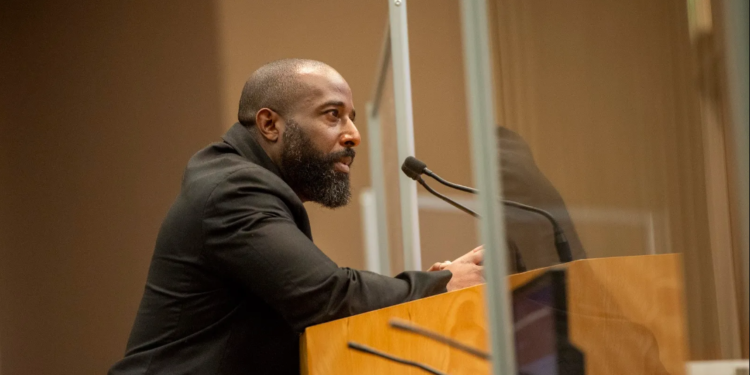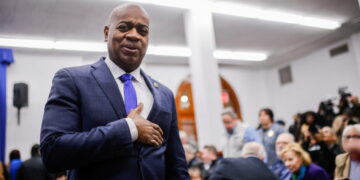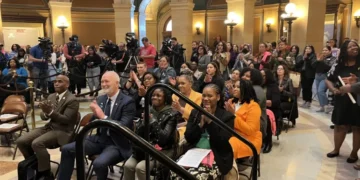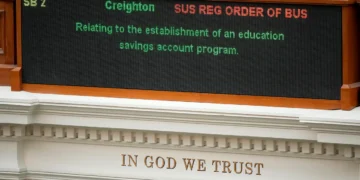Dec 10, 2024 Story by: Editor
SACRAMENTO, Calif. — The Sacramento City Council made history on Tuesday by unanimously passing two resolutions aimed at promoting racial equity and expanding reparations efforts across the city. These resolutions are part of a broader initiative to integrate racial equity into city operations and transform reparations from a mayor-led effort to a comprehensive, citywide program.
The first resolution focuses on embedding racial equity into Sacramento’s operations, with the goal of addressing systemic racism and fostering accountability between the government and the community. One key initiative is the creation of a Racial Equity Action Plan by 2026, designed to produce tangible benefits for all residents. “Racial equity is everyone’s fight — my fight, our fight, and all of our residents,” said Kao Ye Thao, a member of the Racial Equity Alliance. This group, alongside the Racial Equity Council, conducted listening sessions to understand racial inequities and influence the priorities of the resolution.
Originally delayed in November due to a revised proposal from City Manager Howard Chan, the resolution was ultimately passed after the withdrawal of his alternative version. The second resolution aims to expand reparations efforts, turning the previously mayoral-led initiative into a citywide program. This initiative seeks to compensate Black residents harmed by systemic racism in Sacramento.
Six local organizations partnered with the city to survey the Black and African American community about reparations. Of the 510 responses, 80% expressed support for the initiative. “We are owed reparations,” said Chris Lodgson, a descendant of an enslaved person and member of the Coalition for a Just and Equitable California. “It is a debt that’s owed — it’s not a handout, a gift, [or] grant. We are owed it.”
The reparations program began in 2021 under Mayor Darrell Steinberg’s leadership, who also joined the MORE Coalition (Mayors Organized for Reparations and Equity). That year, the Sacramento City Council supported Assembly Bill 3121, which established a task force to develop statewide reparations proposals for African Americans. Mayor-elect Kevin McCarty has pledged to continue advancing reparations at the local level.
Aimée Zenzele Barnes, the City’s Diversity and Equity Manager emphasized that reparations will be a phased approach, building upon the city’s newly approved racial equity efforts. Although the resolutions mark significant progress, advocates recognize the considerable work that remains. “It will take us doing things a bit differently,” said Jesse Villalobos from Race Forward, a partner with the City. “It will take us sharing power in ways that haven’t been shared in government structures in the past.”
Community leaders remain optimistic but stress that sustained commitment and collaboration will be necessary for meaningful change. Source: ABC10

















